Michael Caine Shuts Down British Government’s Accusation That ‘Zulu’ Incites Far-Right Extremism
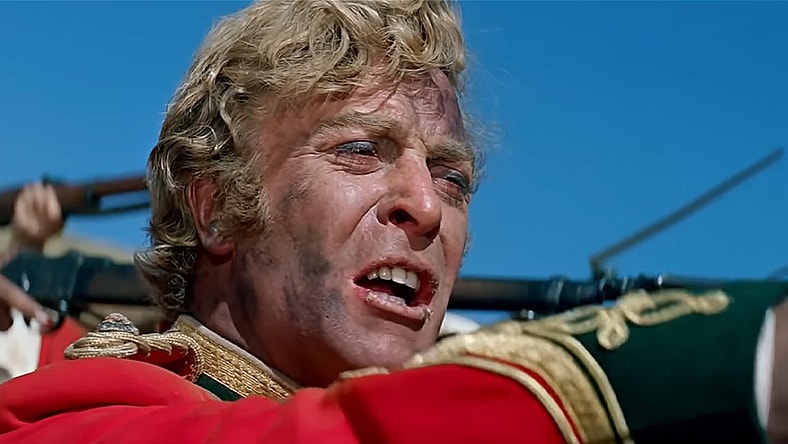
According to esteemed actor Michael Caine, a recent assertion by the British government that the film that his 1964 film Zulu to be a gateway to radicalization into the far-right is nothing but complete and utter nonsense.
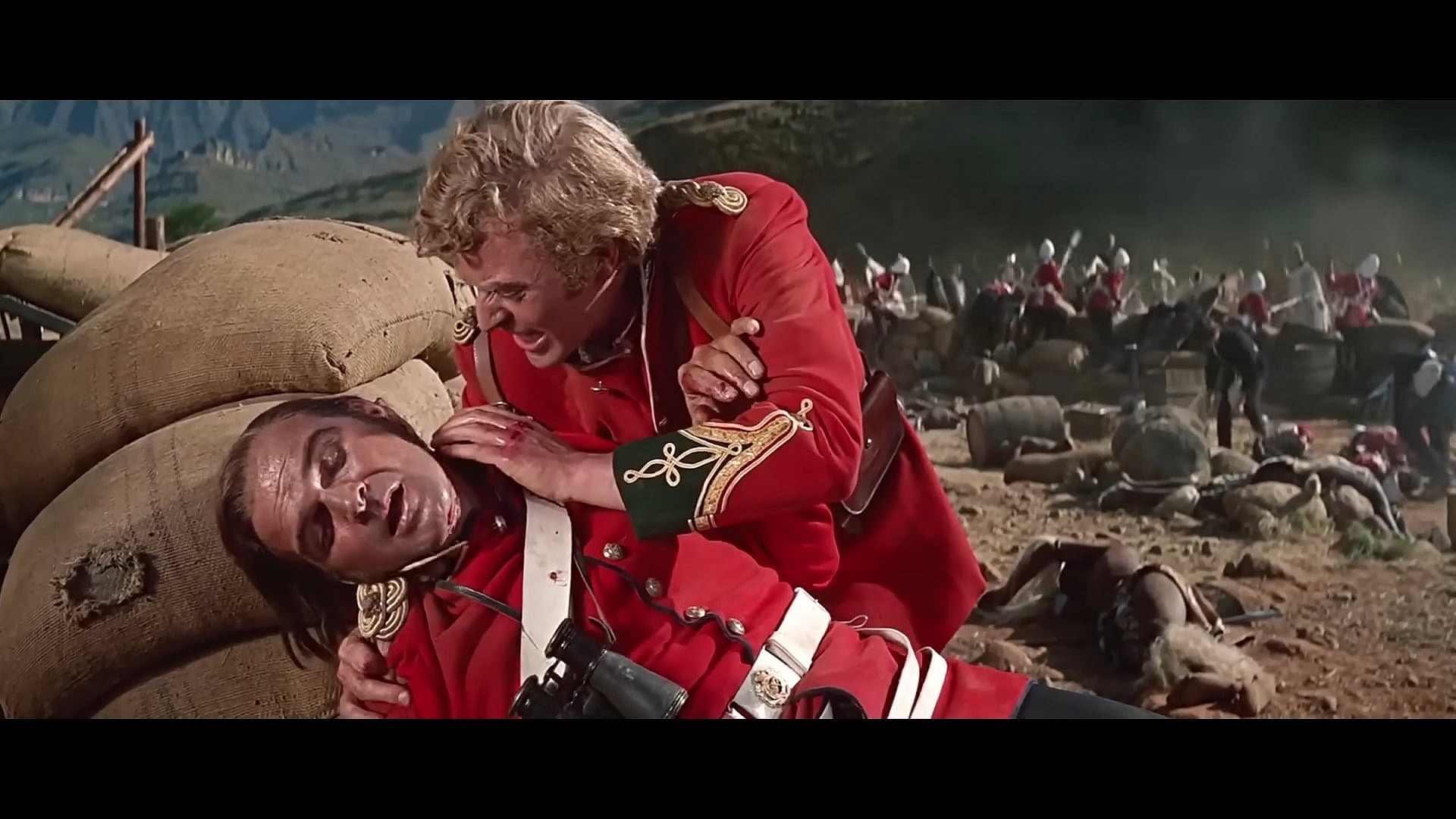
Written and directed by storied filmmaker Cy Endfield, Zulu tells the tale of the Battle of Rorke’s Drift, a real-world clash which took place between the British Army and the African Zulu people during the Anglo-Zulu War of 1879.
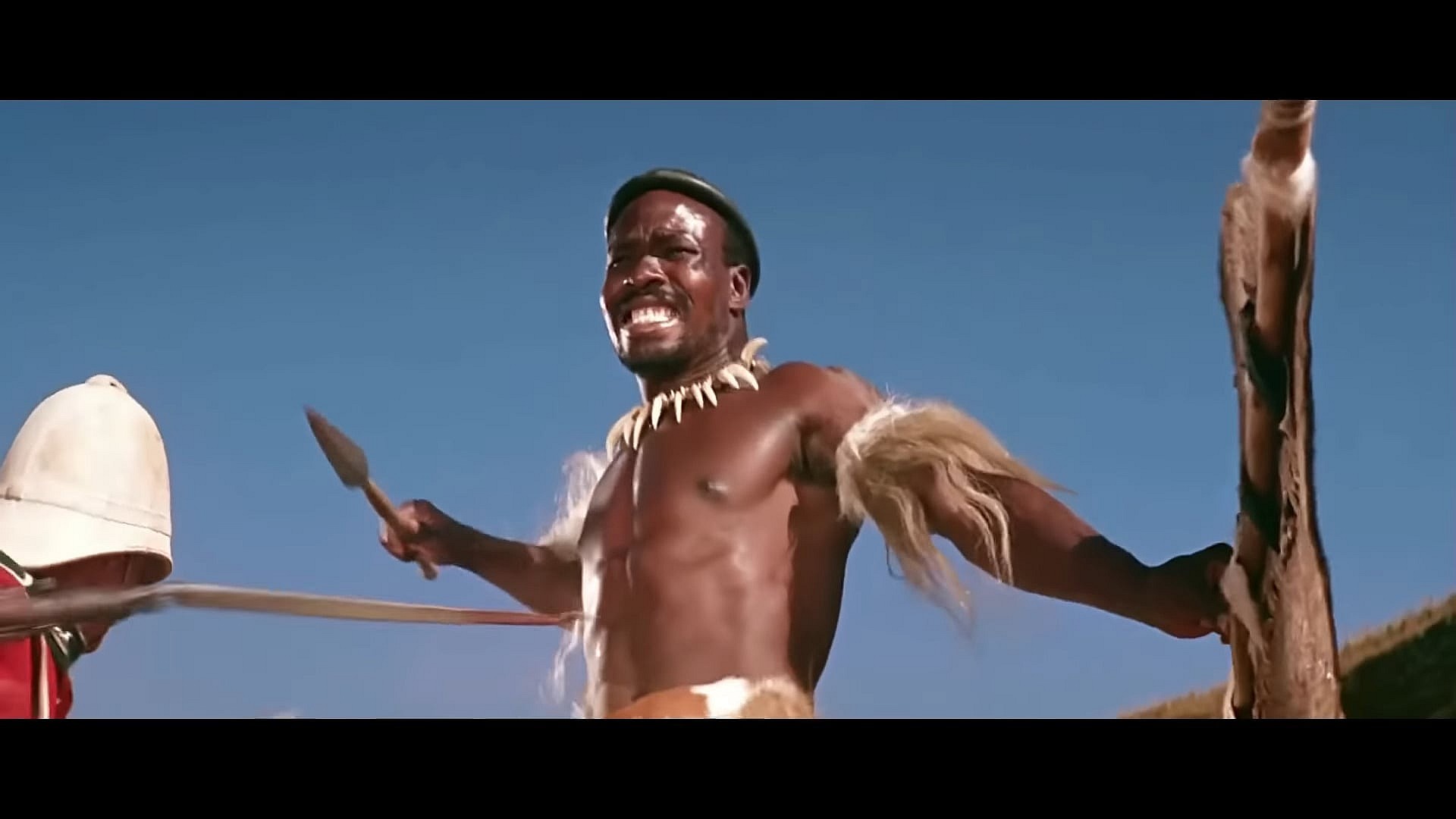
The larger war fought over the Zululand peoples’ refusal to let Britain establish a South African trade federation in their homeland (which in turn would have also decimated the independent economies of various African states), the battle featured in the film saw a little over one-hundred British troops fight to defend their post on the titular Rorke’s Drift from thousands of encroaching Zulu, all of whom were prepared to defend their homeland.
Heavily outnumbered and unable to stage a massive retreat due to the sheer amount of wounded interred at the local hospital, the British troops took positions around the post and fought back, their long-range firearms evening the odds against the overwhelming number of melee-weapon-armed Zulu.
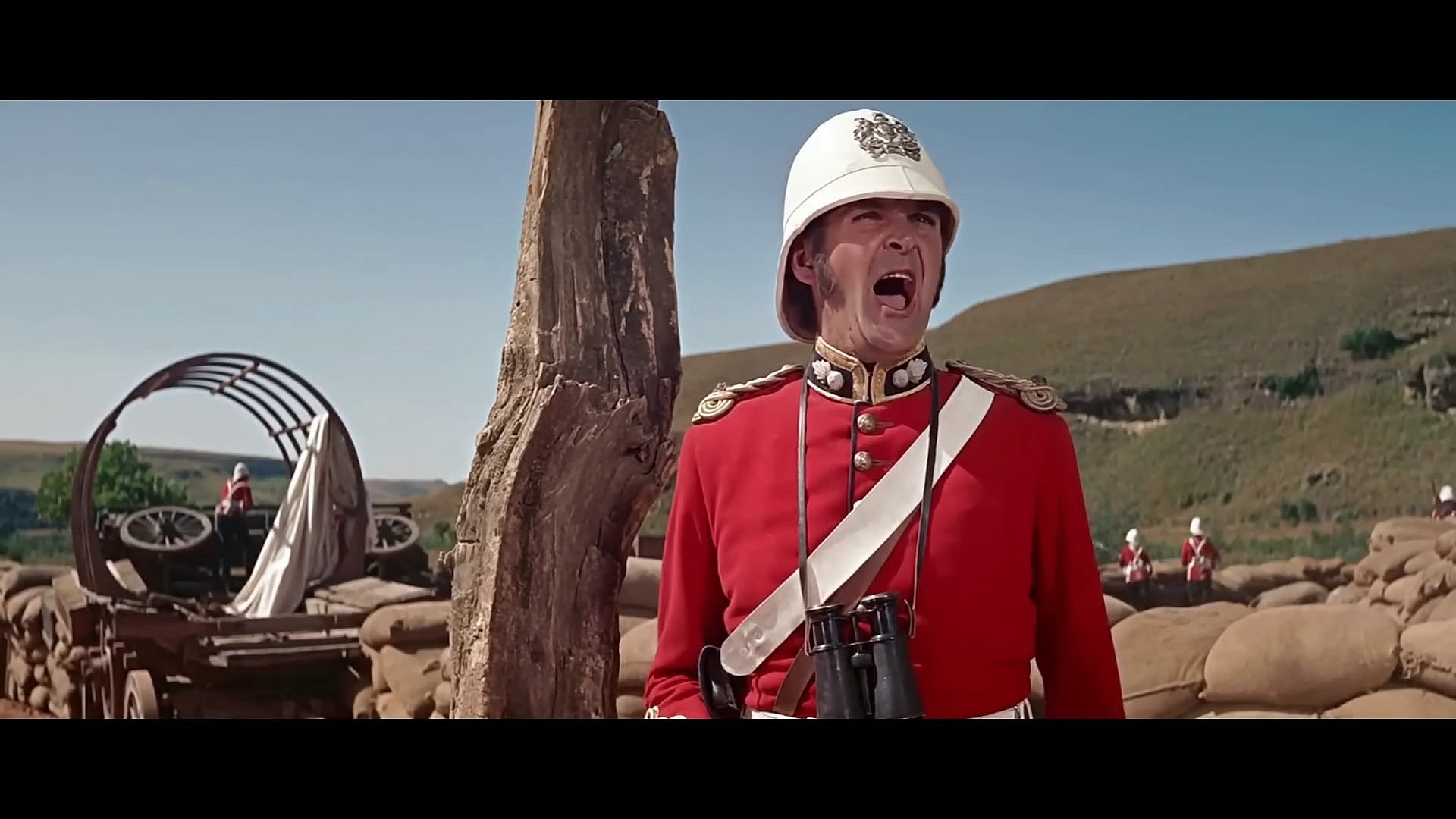
However, as day turned to night and the night eventually gave way to morning, the British eventually succeeded in repelling their opponents. Ultimately, the battle cost the Zulu forces roughly 350 casualties (with some estimates being higher thanks to taking into account various approximations regarding the number of wounded and captured Zulu who were later executed) while the outnumbered British suffered only 17 deaths.
In the years since its release, Zulu has gone on to endear itself as one of the most popular and well-regarded films to ever be produced – so much so that Peter Jackson has admitted to taking inspiration from the film’s epic war scenes for his depiction of the Battle of Helm’s Deep in The Lord of the Rings: The Two Towers.
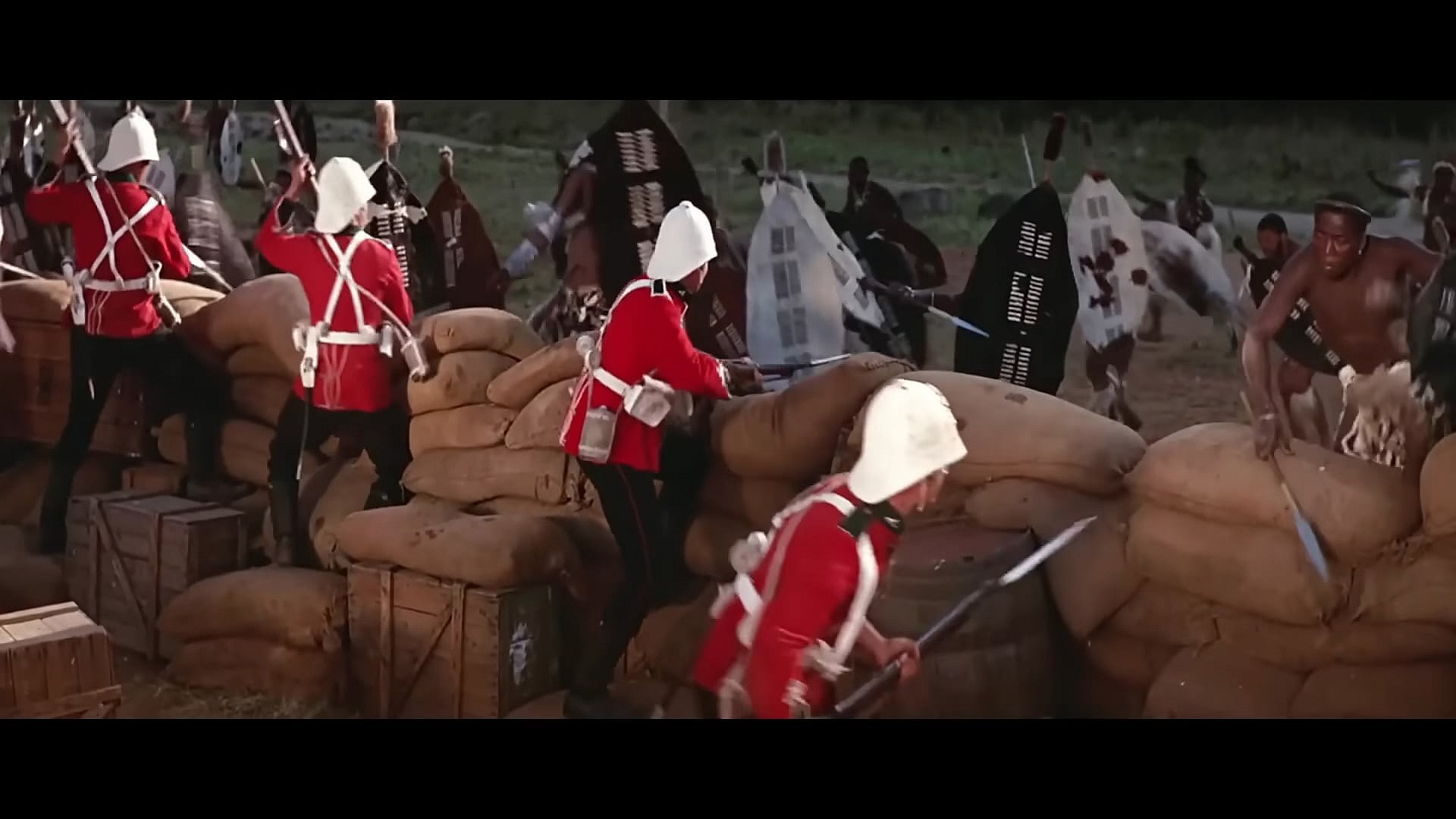
RELATED: British Network ITV Appears To Censor “Cute Outfit” Joke From First Sam Raimi Spider-Man Movie
Of course, given the film’s subject matter, it comes as no surprise that it has come under fire in recent years, with identity-politics-poisoned critics regularly accusing Zulu of supporting everything from colonialism, to racism, to apartheid.
To this end, the film recently drew the ire of the British Government’s Research, Information and Communications Unit (RICU), a subsidiary of the larger Office for Security and Counter-Terrorism tasked with operating the country’s PREVENT (The Preventing Violent Extremism strategy) program.
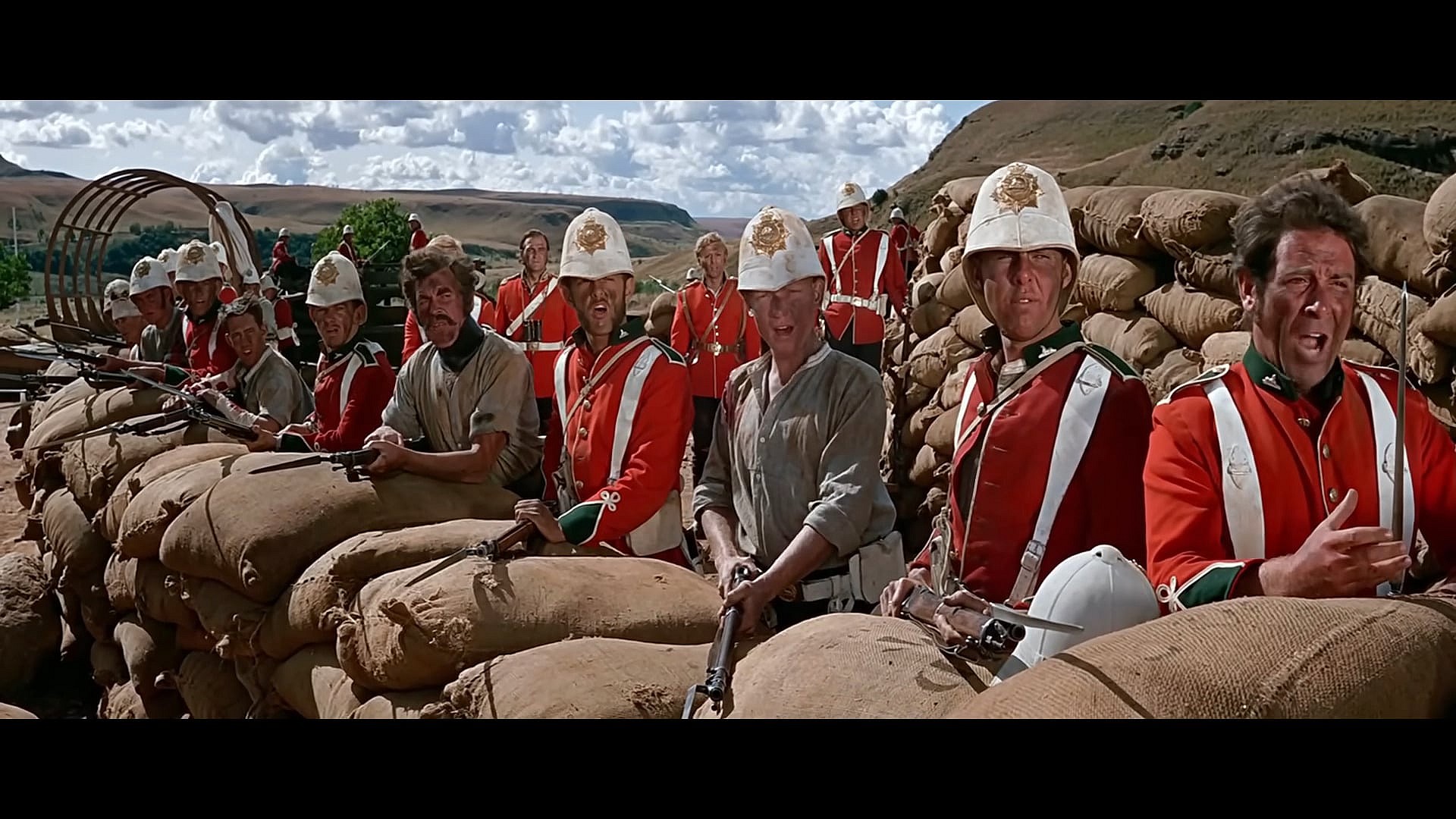
As per a recent report by author Douglas Murray, the government body has apparently taken to viewing the consumption of certain media and entertainment as ‘red flags’ for far-right extremism.
These supposedly dangerous materials include the books of C.S. Lewis and J.R.R. Tolkien, the television shows Civilisation and Great British Railway Journeys, and of course, Zulu.
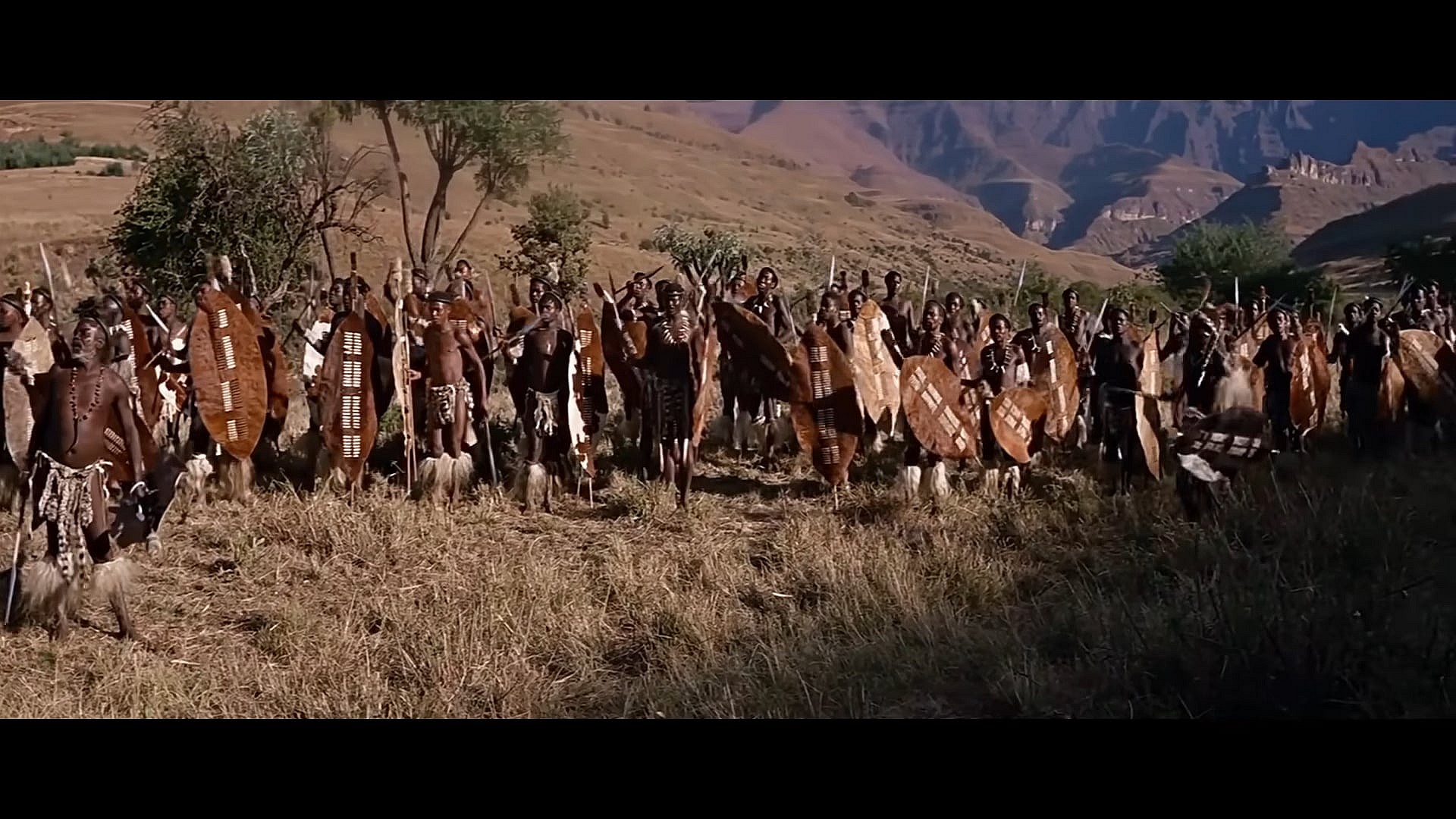
With such an extreme accusation facing the film that provided him with his first major screen role, The Spectator’s Tanya Gold could not allow her recent interview with the Batman Begins star to end without asking him for his thoughts on the government’s claim.
As their time together drew to a close, Gold informed Caine of the government’s growing discomfort with Zulu, to which the actor simply and bluntly asserted, “That is the biggest load of bulls–t I have ever heard.”
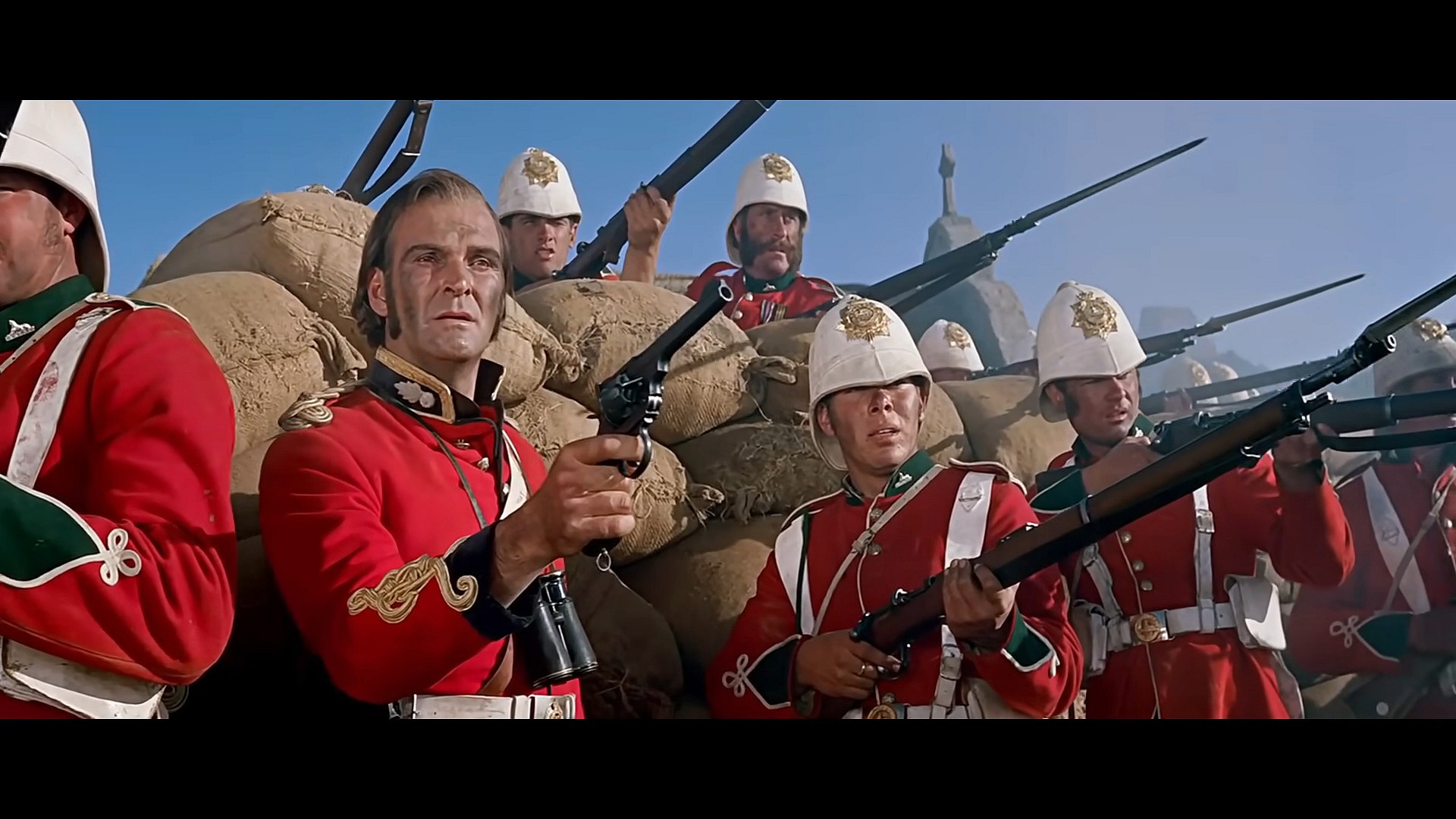
Caine’s next film, The Great Escaper, is currently set to sneak into theaters sometime later this year.
